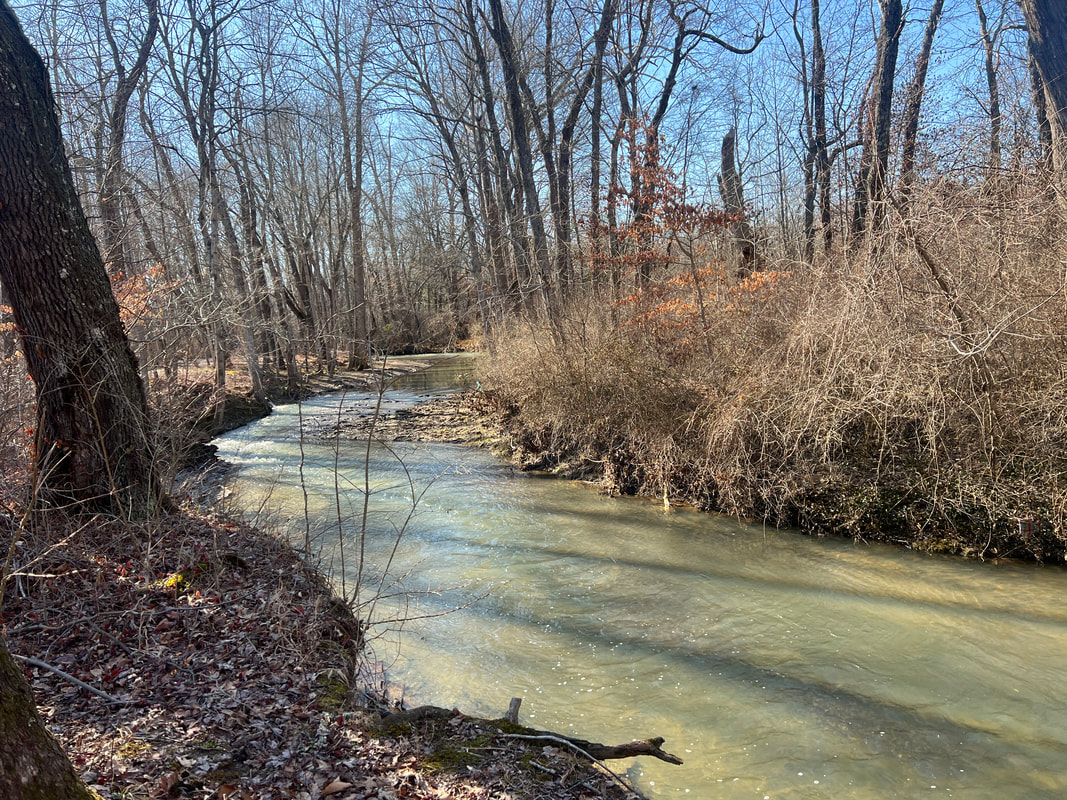Contemplative Forest Walking: A Japanese Tradition
Celebrating the Earth – Berea, KY, April 13, 2024
Nature is filled with words of love, but how can we listen to them amid constant noise, interminable and nerve-wracking distractions, or the cult of appearances? (Laudato Si, 225)
Part 1: The Japanese Tradition of “Forest-Bathing” (Shinrin-yoku)
- Ancient Japanese practice
- Walk through the forest, 2 or more hours (ideally)
- Walk gently, mindfully
- Turn off phone
- Soak up the environment around you
- Be in the moment, the here and now
- The phrase shikan shouyou means “nothing but wandering along”,
- Focus on your feet and contact with the ground
- Sense your muscles and how they work
- Sense your arms synchronized with your legs
- How do you feel as you walk? Emotionally? (happy, anxious, busy mind?)
- See how quietly you can walk? Notice what is around you.
- Let nature calm your body and mind through all five senses
- See the colors, shapes, and movements of the trees
- Look closely at the leaves and bark
- Look up to the sky
- Smell the aromas of nature
- Listen to the sounds – birds, breeze through the trees, your footsteps
- Touch the trees, feel the water
- Use five senses
- Talk to the trees; touch the trees
- Stress can lead to illness
- Forest bathing can alleviate stress; practiced as preventive medicine
- E-Book by Miyazaki, Yoshifumi. Walking in the Woods (p. 42). Octopus. Kindle Edition.
Part 2: The camera as instrument: Stop looking and start seeing
Looking = implies you already have something in mind. Seeing = being open and receptive to what comes to the eye; your vision total and not targeted (Merton cited in P. Pearson, Beholding Paradise. The Photographs of Thomas Merton, 52).
We do not look at the world from without but from within (Laudate Deum, 25).
The camera is an instrument that teaches people how to see without a camera (the great documentary photographer Dorothea Lange).
For the camera, the creative moment is brief—a compelling, ephemeral collision of event and artist. Extreme awareness combined with unobtrusiveness becomes the context the photographer must work within (Ken Ruth).
Billions of selfies are taken every year, according to Google. It’s worth considering what that impulse says about our culture and wondering what opportunities we are losing as a result. (Margaret Renkl, The NY Times, Jan. 23, 2023; https://tinyurl.com/ypg9gqr4).
Part 3: Reflections on Experience
If “the universe unfolds in God, who fills it completely… there is a mystical meaning to be found in a leaf, in a mountain trail, in a dewdrop, in a poor person’s face”. The world sings of an infinite Love: how can we fail to care for it? (Laudate Deum, 65; citing Laudato Si 100 and 233)
Our consciousness expands in a new dimension when from mere experiencing we turn to the effort to understand what we have experienced. (B. Lonergan, Method in Theology, 9).
Mindfulness = awareness, awake, alive, alert, heightened consciousness, and attention. The meaning of life is found in openness to being and ‘being present’ in full awareness. (T. Merton, Zen and the Birds of Appetite, 81).
Silence and Solitude. Just remaining quietly in the presence of God, listening to Him, being attentive to Him, requires a lot of courage and know-how. (T. Merton, Contemplation in a World of Action, 363).
Let me seek, then, the gift of silence . . . where everything I touch is turned into prayer: where the sky is my prayer, the birds are my prayer, the wind in the trees is my prayer, for God is all in all. (T. Merton, Thoughts in Solitude, 94).
And the deepest level of communication is not communication, but communion. It is wordless. It is beyond words, and it is beyond speech, and it is beyond concept. (T. Merton, Asian Journal, 308).
Finally, we can add that the Covid-19 pandemic brought out the close relation of human life with that of other living beings and with the natural environment. But in a special way, it confirmed that what happens in one part of the world has repercussions on the entire planet. This allows me to reiterate two convictions that I repeat over and over again: “Everything is connected” and “No one is saved alone”. (Pope Francis, Laudate Deum, 19).
There is no simple way to banish the ennui of our age, but maybe it would help if we stopped looking at our own faces and turned instead to documenting the vanishing natural world in all its manifestations. Perhaps that change would change us in more essential ways, too. Would we finally learn to love the magnificent planet we were born to inhabit? Would we fight to save it? (Margaret Renkl, NY Times, https://tinyurl.com/ypg9gqr4)
“Praise God” is the title of this letter. For when human beings claim to take God’s place, they become their own worst enemies. (Laudate Deum, 72, 73)
(Robert Dueweke, OSA; [email protected])

